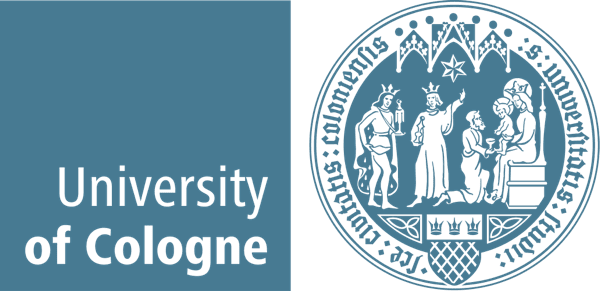General information about studying Meteorology
Preliminary courses in math and physics: Meteorology deals with the physics and chemistry of the atmosphere. At some institutes, the bachelor’s degree is offered in combination with geophysics or physics. Even if you didn’t take a math or physics advanced course at school, that shouldn’t put you off. Many universities offer special preliminary courses in mathematics and physics, which can give you a good basis for your studies.
The studies: Meteorology can be studied as a bachelor’s and master’s degree. The requirement for the master’s degree is a completed bachelor’s degree in meteorology or a related subject.
The bachelor’s degree is followed by the corresponding master’s degree. Here you can, among other things, focus on a sub-area. There is, for example, atmospheric dynamics, polar meteorology, prognostic modelling.
The course also includes internships to get to know different measuring devices and weather and climate observation methods, but also excursions to measuring stations.
Weather and climate observation is based on huge amounts of data collected using various remote sensing methods. From this, time series and diagrams or simulations of climate models are created. Therefore, another important focus in meteorology studies is data processing. You will learn different programming languages such as Python.
The bachelor’s degree covers a standard period of study of 6 semesters (full-time study). Here you learn the basics of meteorological processes in the atmosphere. An example: The formation of clouds and precipitation and their dynamic interaction.
Degrees: Degrees are Bachelor of Science and Master of Science.
Requirements
General higher education entrance qualification = high school diploma (Abitur). The field of study is free of restrictions on admission, such as special grades needed. At some universities, it is only possible to start your studies in the winter semester, otherwise both in the summer and winter semester is possible.
What qualities do you need?
Contacts of Student Advisory Service and student bodies of the departments
You can find further information on studying meteorology on the respective websites of the various institutes:
Online-Self-Assessment (OSA):
Some universities offer an OSA. This way you can determine more precisely whether studying meteorology is right for you and get an impression of the subject areas.
-
 Online-Self-Assessments University of Bonn
Online-Self-Assessments University of Bonn -
 Online-Self-Assessments University of Cologne
Online-Self-Assessments University of Cologne -
 Online-Self-Assessments University of Berlin B.Sc.
Online-Self-Assessments University of Berlin B.Sc. -


 Online-Self-Assessments University of Berlin M.Sc.
Online-Self-Assessments University of Berlin M.Sc. -

 Online-Self-Assessments University of Mainz
Online-Self-Assessments University of Mainz -

 Online-Self-Assenssment University of Frankfurt
Online-Self-Assenssment University of Frankfurt
Semester abroad
Semesters abroad as part of e.g. the Erasmus program are also possible.
Insight: About studying
In the first 2-4 semesters, the meteorology course consists largely of the basic study period, in which the mathematical and physical foundations for later studies are laid. For this you usually go through many modules of the physics and/or mathematics course. As with most natural science courses, the modules (subjects) to be taken consist of the normal lecture, held by a professor, and a tutorial with a tutor, usually a student in the higher semesters or a doctoral student. In these tutorials, the students have the opportunity to ask the tutor open questions about the lecture and the frequently asked homework is discussed. In the natural sciences modules, it is common that admission to the examination is achieved by regularly submitting homework. Usually, a correct processing of at least 50% of the tasks must be handed in. In addition to meeting the admission requirements for the exams, these exercises are used to repeat and internalize the content of the lectures. This is very helpful, because learning the entire material of a semester just before the exam would be sporty. Teams are often formed to work on the tasks. Studying meteorology therefore includes to divide up tasks, to help one another and be able to rely on one another. This can save valuable time and also makes most tasks even more fun. It must be said that due to the exercises, the course is one of the more time-consuming if you want to complete the course within the standard period of study, but you also learn teamwork and time management. Meteorology offers a great advantage here, as experience has shown that it is a rather small course, which enables you to get to know your fellow students more quickly. This also results in a much higher familiarity among everyone within the Institute, higher semesters, tutors and professors. In addition, the course also offers fun aspects, such as practical internships and field excursions, which can vary from university to university.





